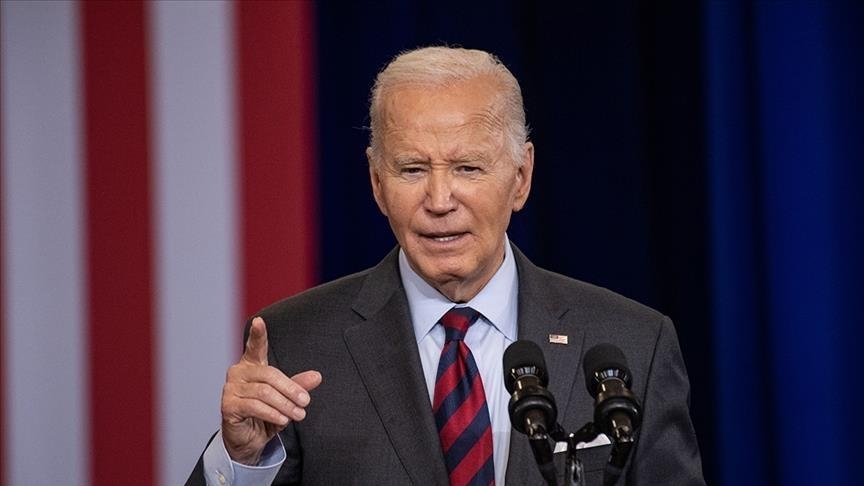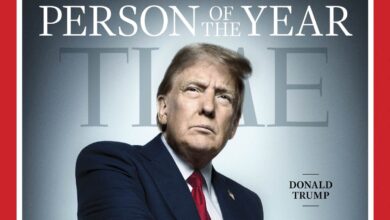
President Joe Biden announced over $1 billion in humanitarian aid to Africa during his first visit to Sub-Saharan Africa, signaling a renewed U.S. focus on the continent. Speaking in Angola, Biden emphasized the United States’ commitment to addressing pressing challenges in Africa, including historic droughts and food insecurity. The aid, targeting 31 African countries, aims to support refugees, internally displaced persons, and communities affected by climate crises, according to the U.S. Agency for International Development (USAID).
During his visit, Biden met with Angolan President Joao Lourenco and highlighted a U.S.-backed infrastructure initiative: the Lobito Corridor project. This massive railway project connects the mineral-rich Democratic Republic of Congo (DRC) and Zambia to Angola’s Atlantic port of Lobito, facilitating critical mineral exports. The initiative, supported by U.S. and European Union investments, is seen as a strategic move to counter China’s significant presence in the region, where many nations face substantial Chinese debt.
Biden’s address at the National Slavery Museum in Luanda also touched on the painful legacy of transatlantic slavery, which deeply ties Africa to the Americas. Acknowledging Angola’s historical role as a primary source of slaves, he called slavery “our nation’s original sin.”
The trip marks a turning point in U.S.-Angola relations, with discussions encompassing economic collaboration, security concerns, and global issues such as Russia’s influence in Africa. However, human rights groups urged Biden to address Angola’s rights record, citing cases of police violence and detained government critics.
Biden’s visit underscores Africa’s strategic importance to the U.S. and reflects efforts to strengthen ties with African nations through meaningful investments and collaboration, offering alternatives to Chinese-led development projects. His next stop includes a summit in Lobito to further discuss infrastructure and economic cooperation with regional leaders.




